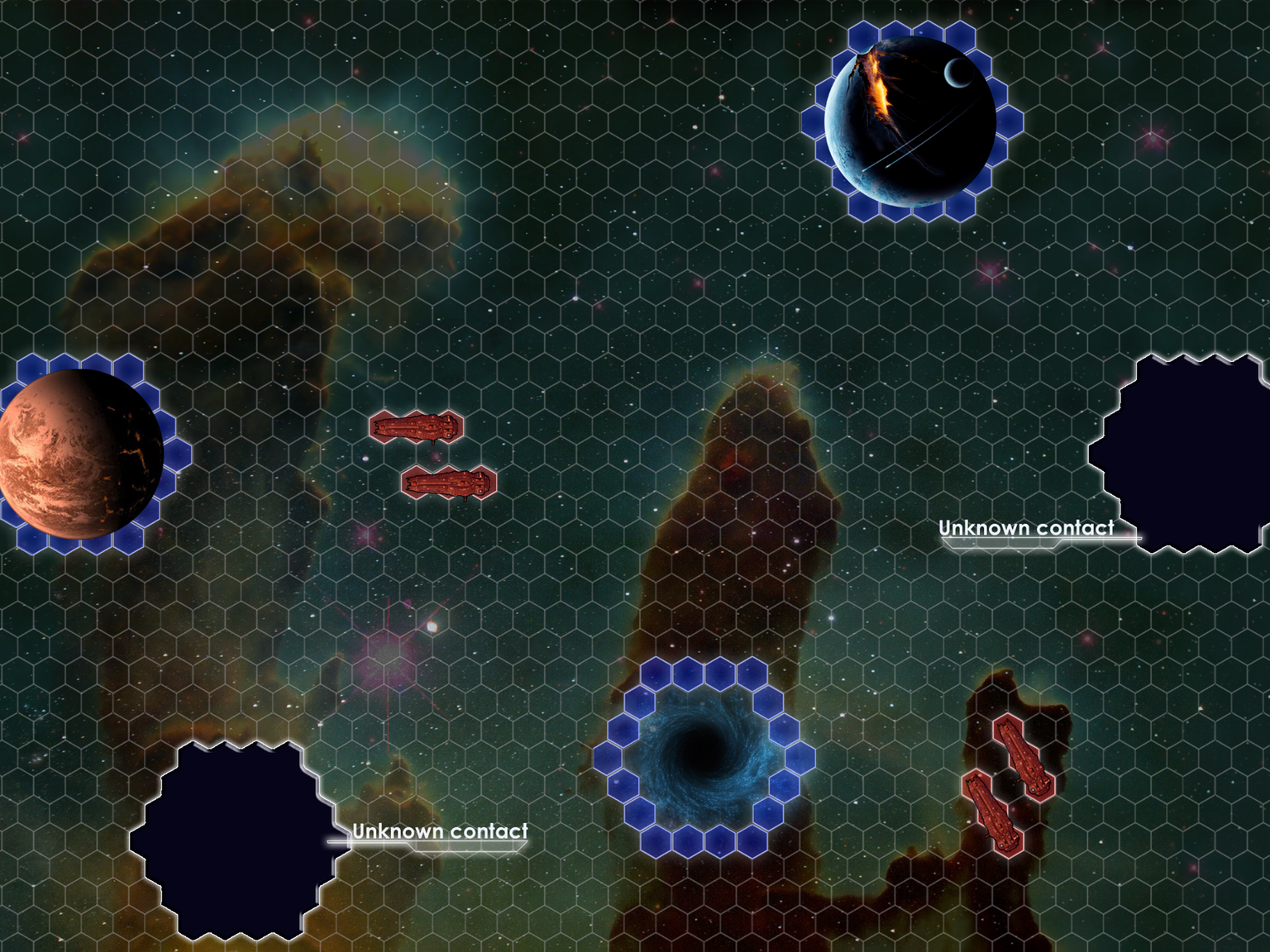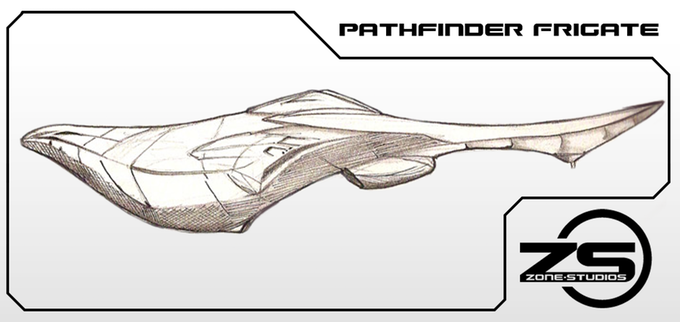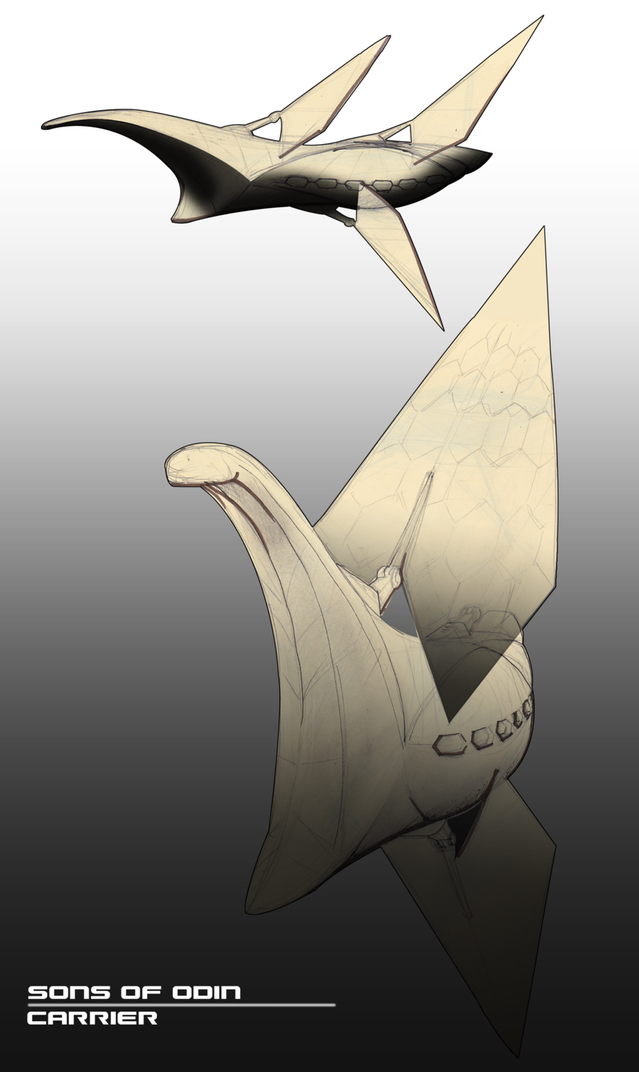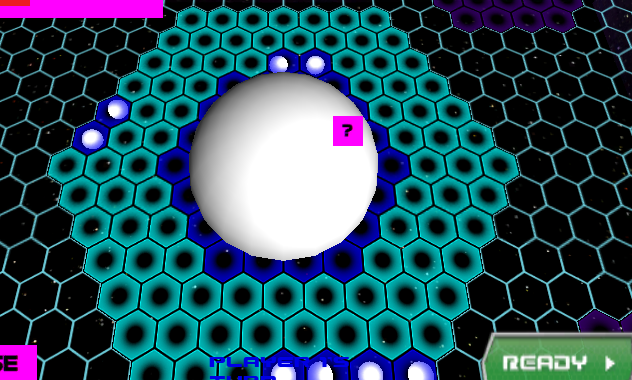Home is behind you, while the world is ahead. The past, with the benefit of hindsight, is never as glorious as we thought. Tomorrow, however, will always remain murky. All that leaves us with is today, full of disappointment created by the past and the future.
Look no further than Conquest, the game not the concept. It’s a relic of the past. A game brought to us by backers on Kickstarter that have long forgotten the little game that couldn’t. Perhaps it for the best, because those backers will never see the game or get their money back.
Launched February 20th, 2012, developer Blackwell Hird had the misfortune (or pleasure) of launching his Kickstarter in the shadow (or glow) of Double Fine Adventure. Those were the heady days of crowdfunding; both the concept and Kickstarter had been around years, but it was only with the support of Double Fine that it gained any measure of mainstream popularity.
Thanks to Double Fine Adventure and their revolutionary idea of ditching publishers, it seemed like anything was possible. For a time, it actually was. That’s where Hird and his game Conquest came in.
Seeking $41,000, quite a lot for the platform back then, Hird had big ambitions. Conquest was to be a mobile space strategy game in which the player chooses between five factions with the goal of conquering (conquesting?) the galaxy. It went deeper than that though. Inspired by board games, the player would have to first create their own galaxy’s before launching into them, exploring unknown planets, building space bases, train soldiers, and gathering resources. It was a board game mixed with real time strategy and turn based strategy with a coat of Star Trek for good measure, all on a mobile device.
With the promise of a bright future, what could go wrong? Quite a lot, as Hird would prove.
In an update posted May 11th, 2012, Hird talked about what they were doing immediately following the success of the Kickstarter. It had little to do with Conquest. Instead, he was setting up his business.
“In all seriousness, the time since the Kickstarter ended has largely been occupied with the nitty-gritty of becoming a business. Paperwork has been filed, lawyers consulted, and mobsters bribed! Things have been exciting is the basic gist here. We’ve also been working on the game.”
Working on the game was an afterthought to getting the business in place. That should be the first step to any creative process. If you want to form a legal business, you set it up before you do anything else. Yet that fact was mentioned during the time the Kickstarter was live.
On the contrary, there was an update posted at the start of the campaign talking about Zone Studios, Hird’s not-yet established company. The post mentions that if everyone interested gave him enough money for a drink, they could have enough to fund the game. It was only ever mentioned after the update that Zone Studios wasn’t actually a real studio at the time.
Hird didn’t say how much of the Kickstarter money went into legalizing the company, but forming even a basic LLC can cost hundreds depending where the studio is based, and thousands after taxes. That doesn’t even count lawyer consolation fees.
After that updates are scarce. Another was posted in May, this one telling users that the random email address users had to contact to claim their rewards wasn’t a spam account. The next update came in July 2012, though that only detailed the “hiring” of an intern.
The first real post-success update didn’t come until October 2012, six months after the campaign succeeded. It opens with the hiring of two new programmers. It’s stunning that Hird didn’t have his staff in place before the Kickstarter, but it might not have mattered.
Also in the update is more proof of Zone Studio’s lack of foresight. Hird didn’t check to make sure he could use the name ‘Conquest’ prior to the Kickstarter. The copyright was owned by Eidos. The name would eventually change to Onwards, but for the next few updates the game was still referred to as Conquest.
The big news however was the change in release date. The game was being delayed from a 2012 launch to February 2013. It’s remarkable to think that after only just hiring two programmers and having not shown a single gameplay video Zone Studios thought they could get the game out in less than a year after the Kickstarter. Even in this update they had nothing but concept art, and a mock-up prototype of gameplay which looked nothing like what was pitched.

“The small white dots are ships,” the update read, “the large white dot is a planet, and the disk object on the right is the black hole.”
Another update would be posted in November announcing the game had reached the alpha stage. But then the New Year rolled around, the February release date flew by, and Hird remained silent. He emerged from his hole on March 9th, 2013 with an update that reads like pure condescension.
At no point does the post apologize or mention the promised February release date being missed. A new release isn’t mentioned either of course, instead backers were given execuses.
“First, the reason for our excellent invisible man impersonation: We’ve had a changing of the guard here at Zone Studios. Our three programmers, who have been tirelessly making this dream a reality, came face to face with sad reality early in January.”
Two of those programmers had to leave due to college work that January, though this was only disclosed two months after the fact. Luckily, according to Hird, he had a backup plan fall right into his lap.
“Fortuitously a good friend, Charles Sullivan, became available at the same time and agreed to take over. In order to explain what a stroke of luck this was I need to use a metaphor. Charles is a senior Software Engineer with 15 years of programming experience which in our world is akin to watching a wizard at work in his tower.”
Resident award-winning chair cosplayer Carston Anderson got in touch with Blackwell Hird and asked him about Conquest. One of those questions was about the situation involving these programmers.
“I knew it wasn’t going to work out after the 3rd programmer I hired failed to produce results. We were 7 months in past the point of no return. We had nothing to show but mockup images, sound, and a very lean design doc so investment wasn’t a possibility and I still had nothing to show for the money I’d spent. When you reach a point like that you can either call it quits and sound the bells, or you can damn the torpedoes and try like hell to salvage it. I chose the later [sic] but was unable to pull out of it and the project died.”
It would seem Hird knew at this point that all hope was lost, but he presented a calm demeanor to backers. He was determined to either fool the backers or himself into salvaging the game.
If there’s any doubt in your mind that Hird knew it was over, then the other piece of news from the March 2013 update might change your mind. The unnamed publisher working with Zone Studios on Conquest had a new job for them.
“Lastly, our publisher […] has decided that Zone Studios would make an excellent fit for their upcoming game and have asked Blackwell to come down to Colorado while Charles remains in Vermont to continue production.”
This publisher turned out to be Lock ‘n Load Publishing, a board-game studio branching out into video game publishing. That’s where Hird found himself not long after this March update. The new job was just that: a position within Lock ‘n Load itself developing board games. Hird took the job, and after the new programmer also left, development on Conquest/Onward halted.
The last update for Conquest came months later, on November 13th, 2013, outlining the failure of the game.
“I exhausted the remainder of the kickstarter funds and I had to take a job out in Colorado with the same publisher whom I was originally in talks with. I did try to contact other industry professionals, but no one was willing to take on the project.”
Hird tried to pitch the game to other development studios, but no one was interested since there was nothing of note to show. Hird says he was pitching the game both to Lock ‘n Load themselves and “several reputable teams in and out of the United States” though nothing ever came of it. Speaking to Anderson, Hird had this to say about the future of the game.
“There isn’t a month that I don’t try to find a way to restart and finish Onwards. I have made a number of connections with people in the video game field, notably with the dev team behind “falling stars, war of empires” while at LnL Publishing, who I might enlist to join me in a new attempt at the pie. […] However at the moment I’m focusing on three new projects here that should be launching kickstarters this year.”
It sounds like Hird’s thought process hasn’t changed in all these years. He still thinks he’s weeks or even days away from bringing on a big developer to help finish the game. Some might call him optimistic, others would be more inclined to call him delusional if he plans on launching three Kickstarters in a single year with his record.

Some actual gameplay, though the game apparently couldn’t run well with these unfinished assets imported in.
When asked what he would do differently, he offered what many would consider common sense.
“If I were to try again (and I’m about to, probably in the next couple months) I would say a) have a working prototype to show of the game that people can play, b) have an already released game to show you can actually produce results even if its not as big or well rounded, prove you can produce and finally c) I would have all my team members in order: find the people you can work with.”
Conquest launched when people were first figuring out this “crowdfunding” thing. The biggest advantage of this new method was that anyone could do it – from beloved industry veterans like Tim Schafer to those who are totally clueless like Blackwell Hird. Thanks in part Conquest, the future of crowdfunding didn’t seem so bright.
With around $40,000 figuring in Kickstarter fees and taxes, Hird and Zone Studios were able to show the world a stunningly high level of ineptitude. In over a year and a half after raising that money, Conquest was never more than a few concept sketches and a basic prototype. Gameplay was never shown, a release date was never given, and no updates save for the hirings and firing of new employees and empty promises were posted.
After all of it, Hird expresses no sorrow. In the final update, he tells backers how much he’s learned and that he’s determined to make something of Conquest.
“It’s a risk inherent to all such endeavors, but this one in particular seems to have attracted the lot. That said I still believe I can pull something positive from this, but it will take time. I have learned a great deal from this experience and continue to do so as we push forward on all available fronts.”
It’s a theme he carried over into our interview with Anderson.
“In closing I would say that the entire project was my response to the Catch 22 that is hiring in the Games Industry. I’ve tried repeatedly over the course of nearly 6 years now and not one attempt has lead to anything. My current position in LnL Publishing is as a direct result of my willingness to simply “go for it” with Onwards. I will always be grateful for that and the biggest lesson to come from this whole thing is that if you want to be in the field, just go do it. Don’t wait for someone else to give you permission.”
He got his; a job at Lock ‘n Load publishing, and he’s happy with that outcome. Maybe a part of him really does think Onward will eventually get made. But he has to realize that he got to where he is today on the backs of others, misleading his backers all the way. He said himself he never had anything more than mockup images, a design document, and the prototype. Despite this, he consistently told backers that everything was fine and that they’d be getting the game soon.
The biggest lesson here isn’t that you should chase your dreams. It’s that you shouldn’t back Kickstarter campaigns that have nothing but a few pieces of concept art and big ideas. It should be that developers shouldn’t promise the world when they have no experience, and that they should apologize at the very least if it blows up in their face. They shouldn’t continue to promise a deeper well one day while trying to push three unrelated Kickstarters.







